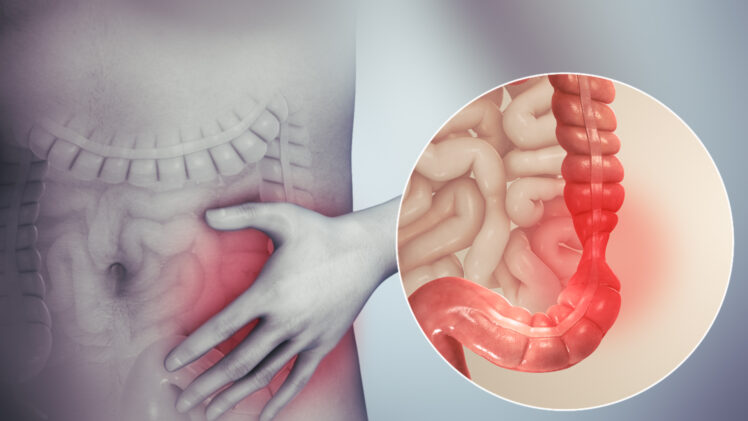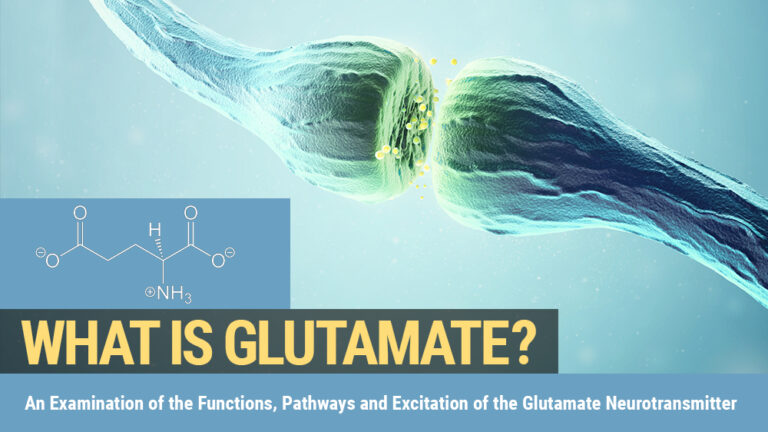Table of Contents
Every bite of food we take doesn’t just satisfy hunger; it also plays a pivotal role in regulating our overall well-being. With emerging research on the gut-brain connection, it’s becoming increasingly clear that the health of our digestive system is intertwined with our mental state. Central to this nexus is glutamate, a crucial neurotransmitter. Let’s delve into how glutamate mediates the gut-brain dialogue and influences our digestive processes.
A Glance at Glutamate
What is glutamate? Glutamate is the most abundant excitatory neurotransmitter in our nervous system. It plays an essential role in neural activation, ensuring the proper transmission of signals throughout our brain and body.
Sources

Glutamate can be found in various foods, especially those rich in protein like meats, dairy, and legumes. Additionally, monosodium glutamate (MSG), a flavor enhancer in many cuisines, is a well-known external source.
The Vagus Nerve: A Lifeline
The gut and the brain communicate primarily through the vagus nerve, the longest cranial nerve extending from the brainstem to the abdomen. This nerve serves as a two-way information highway, allowing the gut and brain to exchange valuable data.
The Role of Microbiota
The gut is home to a plethora of microorganisms, collectively called the gut microbiota. These microbes play a role in nutrient absorption, immune modulation, and even the production of neurotransmitters. The composition of this microbial community can influence brain health and behavior.
Certain gut bacteria are capable of producing glutamate. In fact, some of the glutamate in our bloodstream originates from these microbes. The balance of these glutamate-producing bacteria can influence overall levels in the gut and subsequently, its concentration in the brain.
Regulating Digestive Processes
Glutamate receptors are not just present in the brain; they are also found in the gut lining. The binding of glutamate to these receptors can:
- Stimulate Acid Secretion: Enhancing the breakdown of food.
- Modulate Gut Motility: Affecting the speed at which food moves through the digestive tract.
- Influence Gut Inflammation: High levels of glutamate have been linked to inflammation in the gut, which can impact digestion and overall gut health.
Neural Communication and Appetite Regulation
Glutamate plays a role in signaling the brain about the gut’s state, influencing feelings of hunger or satiety. An imbalance can potentially lead to overeating or a lack of appetite.
Excessive Glutamate and Excitotoxicity
While glutamate is vital for normal brain function, excessive amounts can be harmful. Over-activation of glutamate receptors can lead to a phenomenon called excitotoxicity, damaging or killing nerve cells. This can have implications not just for brain health but also for gut function, as the gut-brain communication could get disrupted.
Inflammatory Conditions

An abundance of glutamate in the gut has been linked to conditions like irritable bowel syndrome (IBS) and inflammatory bowel disease (IBD). While the exact relationship remains a topic of research, it underscores the importance of maintaining a healthy balance.
Probiotics and Prebiotics
A balanced gut microbiota can help regulate glutamate production. Including probiotics (beneficial bacteria) and prebiotics (food for these bacteria) in your diet can promote a healthy microbial community.
Limiting Excess Glutamate Intake
While MSG has been deemed safe for consumption by many health authorities, it’s essential to be mindful of excessive intake, especially for those sensitive to its effects.
Diverse Diet
A varied diet ensures a diverse gut microbiome, promoting resilience against imbalances. This can indirectly help regulate the gut’s glutamate levels and ensure smooth gut-brain communication.
Conclusion
The intricate dance between glutamate and the gut-brain connection sheds light on the profound ways our diet and gut health influence our overall well-being. As we continue to unravel the complexities of the gut-brain axis, it’s evident that maintaining a healthy balance of glutamate is crucial for optimal digestion and brain function. By being mindful of our dietary choices and supporting a robust gut microbiome, we can harness the power of this connection for better health.

